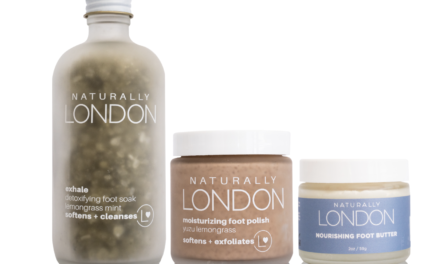
Building a New Life: Tips for Keeping Busy After Recovery

Embarking on the path to recovery is a life-changing journey that can be filled with challenges. However, once you overcome the initial hurdles, staying busy and maintaining a healthy, fulfilled life becomes paramount. In crafting a new chapter post-recovery, it’s crucial to find activities and structures that not only keep you occupied but also contribute to your ongoing well-being. Keep reading to discover ways to enrich your life and stay on the path of sobriety.
Embracing Structure and Routine for Post-Recovery Success

Establishing a daily routine is crucial for anyone who has recently completed recovery. A predictable schedule, including regular meal times, work hours, and relaxation periods, helps provide stability and reduces idle time that might lead to temptation. Prioritizing a consistent sleep schedule is also essential, as adequate rest supports mood regulation, decision-making, and overall well-being.
Incorporate enjoyable activities into your structured day to maintain balance and satisfaction. For example, you might create a more inviting cooking space by updating your kitchen cabinets in central and southern New Jersey. Make sure to regularly attend support meetings and healthcare check-ups to stay focused on your recovery and receive necessary support.
Exploring New Hobbies and Interests to Enrich Your Life
After recovery, diving into new hobbies and interests can bring a refreshing change and a sense of fulfillment. Engaging in activities like learning an instrument, painting, or writing offers mental stimulation and a therapeutic outlet for emotions. Exploring outdoor activities such as hiking, gardening, or birdwatching not only enhances your connection with nature but also supports overall health, reflecting the healing benefits seen in practices like EMDR therapy in Hawaii.
Taking classes in subjects you’re passionate about can broaden your horizons while providing opportunities to meet new people and build a supportive community. Volunteering for causes you care about also enriches your life and strengthens your sense of purpose, creating a positive impact on both yourself and others.
The Role of Physical Activity in Maintaining Sobriety
Physical activity is essential for maintaining sobriety, as it releases endorphins, which can alleviate anxiety and depression during recovery. Engaging in activities like gym workouts, swimming, or daily walks can help manage stress and channel energy from addictive behaviors. Exercise builds resilience and motivation, and working out with friends or in a group can provide social support.
Beyond psychological benefits, exercise helps rebuild weakened bodies, improving overall health and wellness. Strengthening the body can be seen as a metaphor for strengthening resolve in recovery. Balancing exertion and relaxation is crucial, and incorporating yoga or meditation into your exercise routine can provide a holistic approach to physical fitness, aligning the body and mind, which is essential for long-term sobriety.
Fostering Healthy Relationships and Building a Support Network

Recovery is a multifaceted process that requires the development of healthy relationships. Surrounding oneself with supportive friends and family can provide a buffer against stress and encourage recovery. Open communication fosters trust and allows for sharing of successes and concerns. Participating in group therapy or support groups can create a community of mutual support and accountability, fostering deep connections and assistance.
Maintaining boundaries is essential, as it demonstrates understanding one’s needs and prioritizing well-being. Besides personal connections, professional relationships through networking or mentoring can enhance life post-recovery, providing career satisfaction and a sense of achievement. Maintaining healthy relationships is crucial for maintaining sobriety and achieving personal and professional goals.
Volunteering and Giving Back: Contributing Positively to Your Community
Volunteering is a valuable way to contribute to your community and enhance your recovery journey. It provides a sense of purpose and accomplishment, leading to a natural ‘helper’s high’. This is especially beneficial for individuals in recovery, as it allows them to practice gratitude and focus on positive action. Volunteering can take various forms, such as mentoring others or helping at local shelters, food banks, and community centers.
It also serves as a pathway to exploring new career paths and developing personal and professional skills. The connections formed through volunteer work can open doors to new opportunities. When choosing how to give back, consider aligning your efforts with causes that resonate with you, such as animal welfare, environmental conservation, or human services.
Altogether, building a fulfilling life after recovery requires a multifaceted approach, from embracing structure and new hobbies to maintaining physical activity and fostering supportive relationships. Implementing these strategies not only enriches life but also fortifies the resolve to live soberly. These efforts can create a ripple effect, positively impacting not just your own life but also your community and the wider world around you.


































